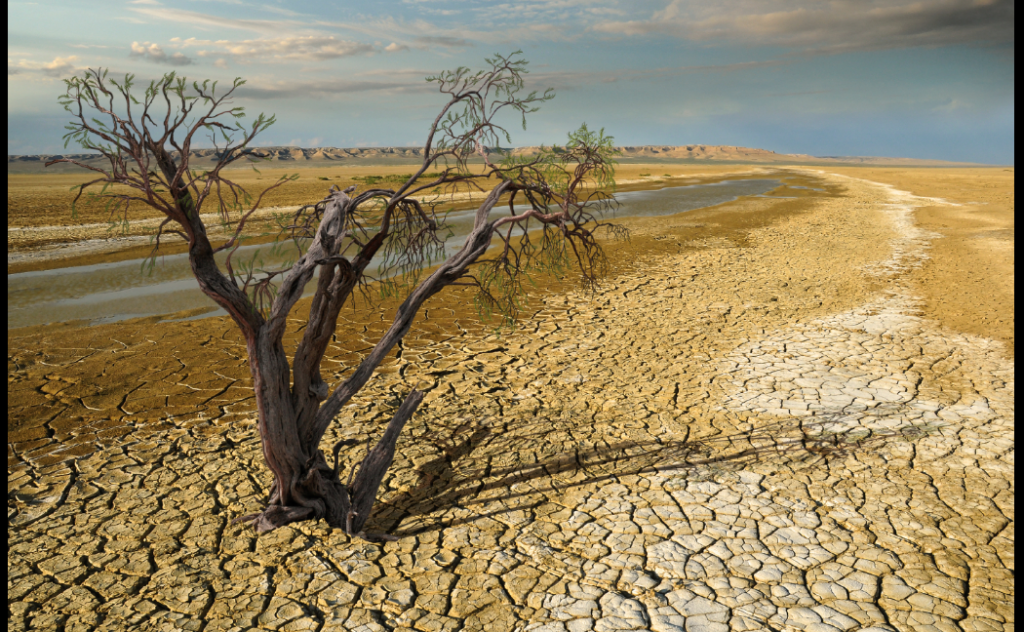
The Investments Are Coming Fast And Furious
Maybe the truth about climate change is finally being taken to heart. The number of AI companies that are committing to helping with climate change has grown a lot recently. And the amount of money being invested into such endeavors is stunning. Climate change is the most pressing threat that the human species faces today. Artificial intelligence is the most powerful tool that humanity has at its disposal in the twenty-first century.
Just this week Seeflection.com posted a story about AI being used to enhance satellite images to help fight the wildfires raging across the American West.
Now forbes.com has a great piece introducing several of the companies developing AI to engage in this worldwide problem. The amount of innovation these companies offer is astounding, to say the least.
A host of “climate intelligence” startups has emerged that offer predictive analytics platforms to enable organizations to better anticipate and prepare for extreme weather events. These startups generally combine machine learning with more traditional weather modeling techniques, leveraging a mix of publicly available, proprietary, and customer-specific data to train their models.
One of the oldest and most well-funded of these startups is One Concern, which announced a new $45 million funding round earlier this month. One Concern is developing a “digital twin” of the world’s natural and built environments in order to dynamically and hyper-locally model the effects of climate change, offering its customers what it terms “Resilience-as-a-Service.” The company has focused primarily on the Japanese market to date.
Jupiter Intelligence is another well-established player in this category, with an impressive set of blue-chip customers that includes NASA, BP, Liberty Mutual Insurance, and the City of Miami.
Another climate intelligence competitor to keep an eye on is London-based Cervest, which raised a $30 million Series A last month from Marc Benioff, Chris Sacca, and others. Cervest’s approach is to make its climate intelligence platform available to all with a freemium business model, a strategy it may hope leads to network effects.
And the article goes on to list several other startups and the funding they are finding. But then the author Rob Toews brings up a surprise that is as old as it is new.
Insurance, Carbon Emissions Re-imagined
While the preceding category of startups aims to help organizations better understand and predict climate risks, another set of competitors is using AI to help organizations protect themselves financially from those risks. They are doing so by innovating in one of the world’s oldest businesses: insurance.
Legacy insurance companies struggle to effectively assess and price the novel financial risks posed by climate change. As a result, coverage can be prohibitively expensive or altogether unavailable for many types of climate risk. According to Aon, there is a whopping $171 billion gap in climate insurance globally.
A group of new entrants is leveraging alternative data sources, real-time analytics, and AI to price risk more accurately and create novel insurance products for the era of climate change.
The wide range of weather-related disasters may be familiar to us. Hurricanes or tornados or fires have long been expected in certain areas at certain times of the year. Now, these events have been magnified in ferocity, and in the number of times, it is occurring.
Toew’s article goes in-depth about carbon accounting.
“Climate is a data problem,” said Watershed cofounder Taylor Francis. “Organizations make decisions every day with carbon impact—which supplier to procure from, how to transport a good—yet decision makers are blind to the carbon scores of their choices. At Watershed, we are building tools to unlock this insight and turn raw business data—from utility bills, purchase orders, transit logs, and so on—into concrete actions that reduce carbon emissions.”
It is clear the future must be now. AI and the myriad of ways it can and is being used to help with these disasters and is in some cases our only hope to be proactive against climate change. No, AI cannot end climate change. But it can produce the data needed to help absorb the impacts of climate change in a world in the midst of big changes.
read more at forbes.com







Leave A Comment